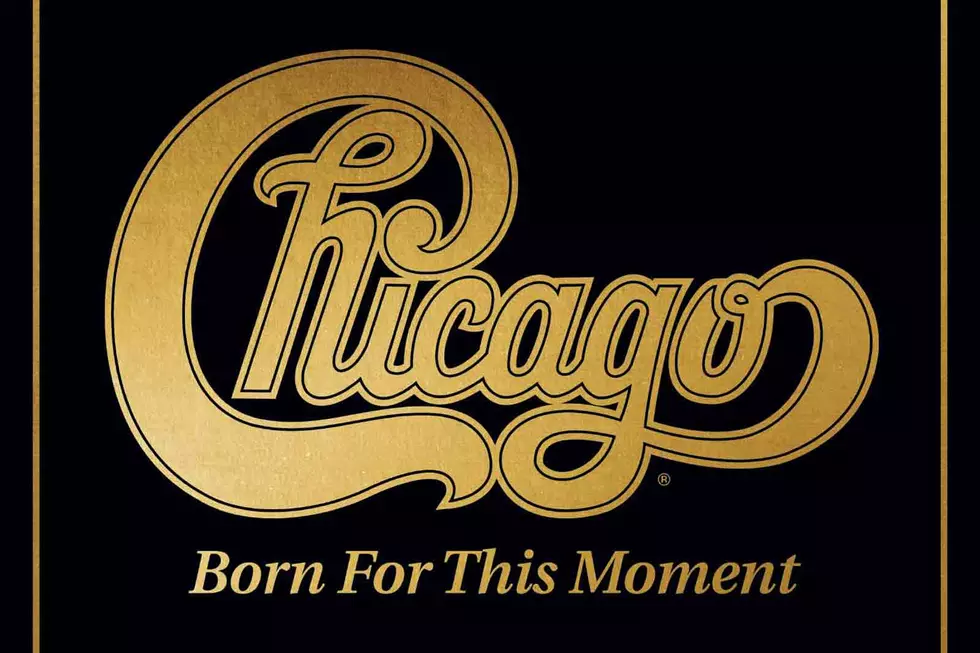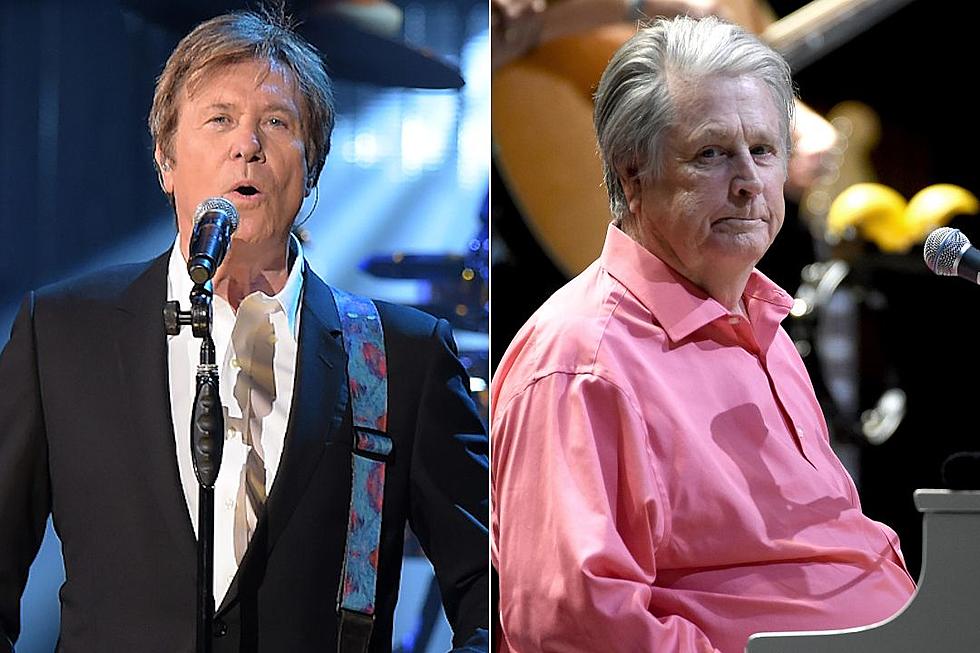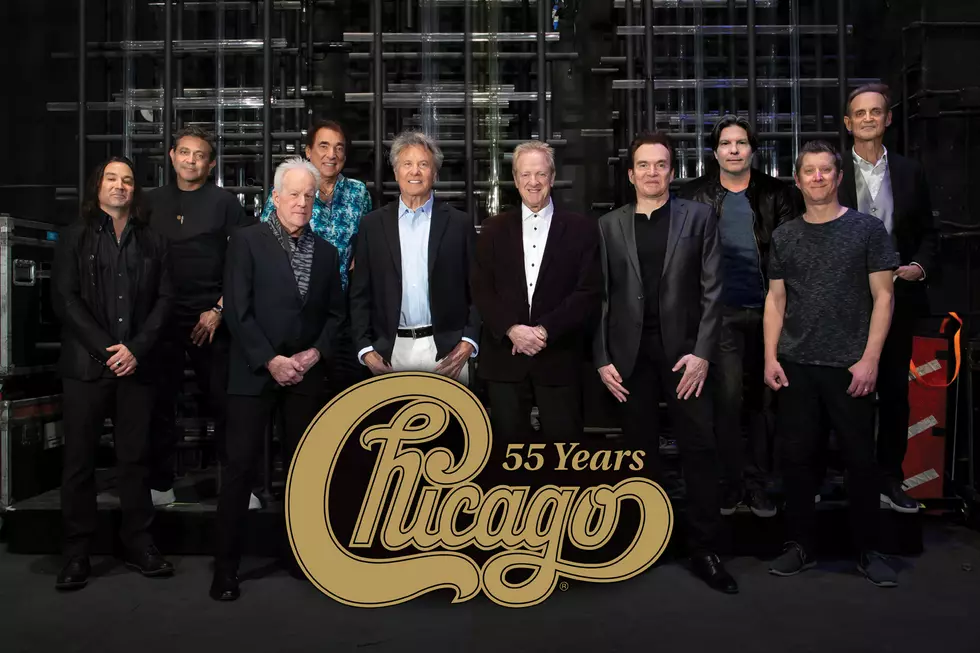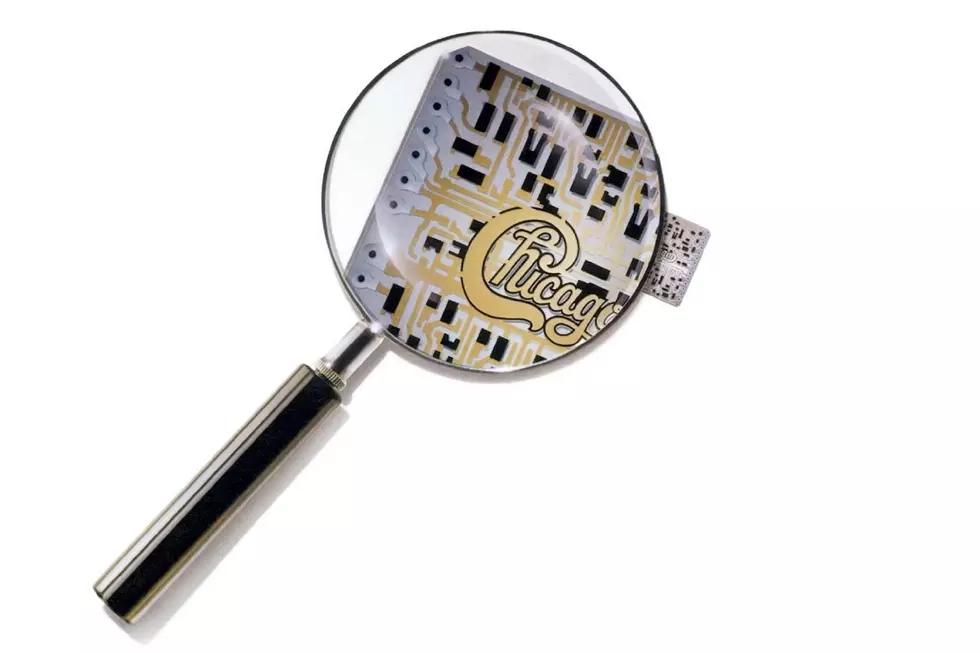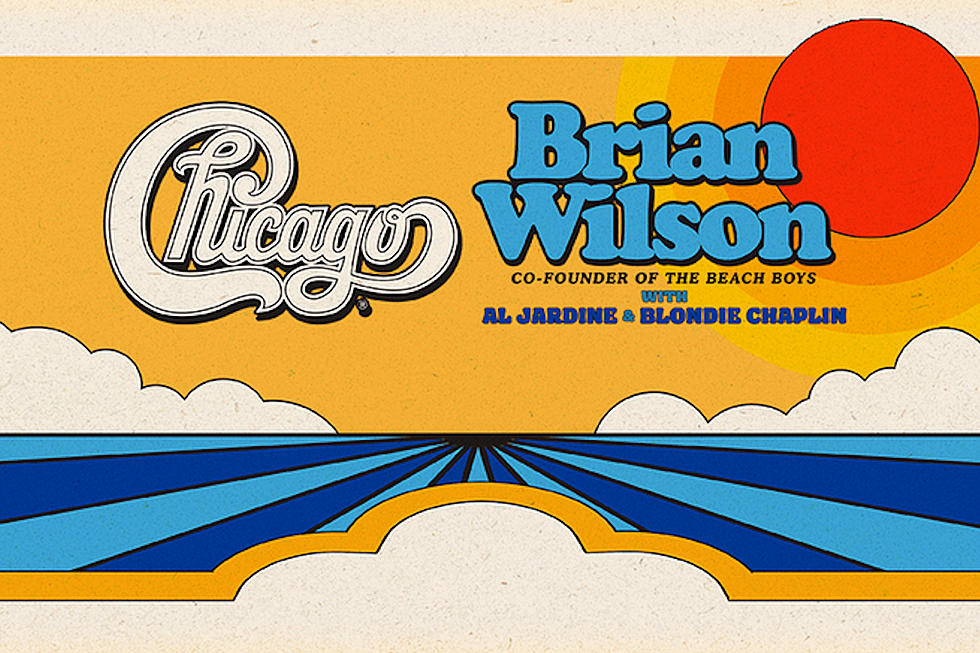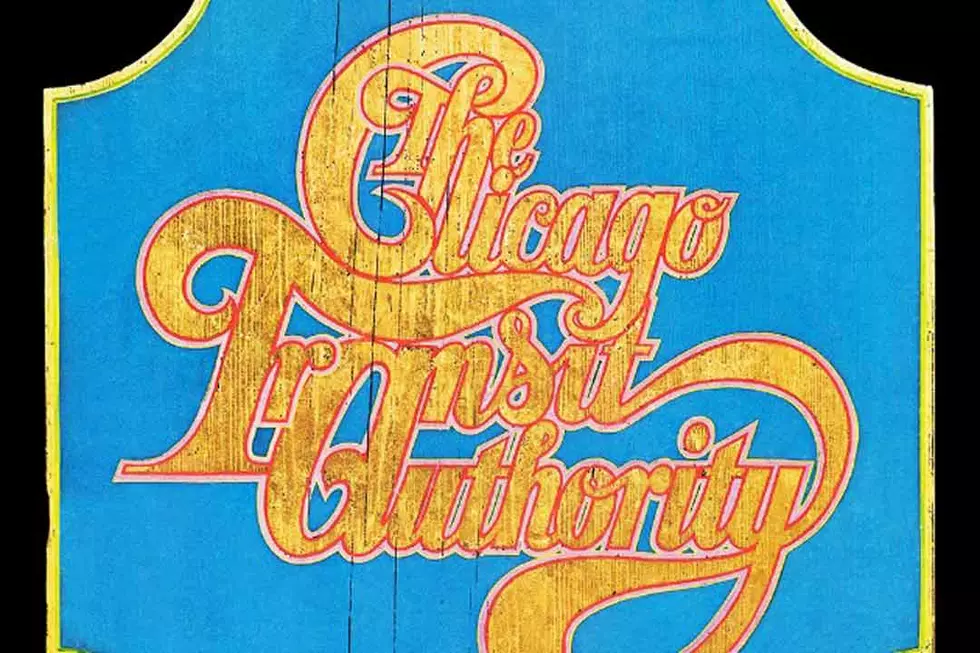
How Chicago Began With ‘The Chicago Transit Authority’
With seven guys, a dozen songs spread over two discs and a sound big enough to fit elements of rock, jazz and classical music, Chicago's first album announced the arrival of a band with ambition to spare.
When they released their self-titled debut on April 28, 1969, they were still called the Chicago Transit Authority – a name they'd soon be forced to shorten under threat of a lawsuit from the city's mass transit operator – but many of the other elements that would come to define the group's music during the string of multi-platinum albums that followed over the ensuing decade were already firmly in place for The Chicago Transit Authority, including layered arrangements that took full advantage of the lineup's three-piece horn section.
Although the band's brassy sound had the commercial good fortune to arrive around the same time (and on the same label, not to mention through the same producer) that Blood, Sweat & Tears were enjoying success with a similar approach, The Chicago Transit Authority wasn't the result of a quick attempt to cash in on someone else's work. In fact, the band started coming together in 1966, when woodwinds player Walter Parazaider linked up with drummer Danny Seraphine and bassist Terry Kath to form the Missing Links.
Parazaider's fellow DePaul University students Lee Loughnane (trumpet) and James Pankow (trombone) were next to join the lineup, at which point Kath made what would prove to be a fateful switch to guitar. In search of a bass player, the band added organist Robert Lamm, who handled bass pedals until bassist Peter Cetera joined in 1967. Renamed the Big Thing, the band made itself a fixture on the local live circuit, eventually catching the attention of Parazaider's friend, producer James William Guercio. Guercio, already an industry veteran with experience playing, managing, and producing bands, lured them out to Los Angeles.
"We weren't sure it would be beneficial to us, because we had to move our families out there and everything," admitted Pankow in a 1969 interview with Poppin. "We really weren't too sure what we had to move out there for. We weren't promised any security or anything like this. Jim Guercio merely hoped we'd get out there and become a musical community, and sure enough we did. We got out there, and we played the Whiskey for free and we started catching on, and slowly but surely we built up a reputation in L.A."
Listen to Chicago Perform 'Does Anybody Really Know What Time It Is?'
The lineup may have seemed a little unwieldy to rock fans accustomed to four-piece bands and power trios, but as Lamm explained to Disc and Music Echo, each member had his place – both on record and behind the scenes.
"Everybody has a kind of unspoken function," Lamm said. "Mine is composing and I happen to play piano. Jimmy Pankow is an incredible orchestrator. He understands the intricacies of voicing brass. The other horn players are ... incredible craftsmen. They always keep their chops up. Those two are always practicing.
"Terry writes a lot, apart from being an outstanding guitarist, and is an ideas man," Lamm continued. "He often doesn't have the momentum to carry them through but the guy has fantastic ideas and not always to do with music. Peter and Danny are good at looking at objectives – career or music – from a different point of view from everybody else and they sort of balance out the personalities of the group."
Lamm was obviously biased about his own band, but they backed it up with seasoned musicianship. Guercio knew he had something special with Chicago – not only thanks to its relatively unique horn section and the three-part harmonies of Lamm, Cetera and Kath, but because Lamm was a frequently brilliant young songwriter, and Kath truly was the outstanding guitarist Lamm described. It all added up to a ton of music that, as the group settled into Columbia Recording Studios in early 1969, spilled over onto four LP sides.
Execs at Columbia balked at the prospect of putting out a double album by an untested new band, but they eventually relented, establishing a precedent that continued with the release of two more double-LP studio releases and a four-album live set over the next two years. Perhaps not surprisingly, it also earned Chicago a reputation for being one of rock's more pretentious young bands.
"People thought we released double albums because we wanted to be big shots, whereas the fact remains that the double albums were released because of the length of the songs on the records," Pankow argued. "If we had done single albums, we would have had four tunes on each record and that would've been a gyp, that wouldn't have been a musical compliment to our audience at all. So in order to embody the full spectrum of the music that was composed at that time we had to release two records in each package."
Quipped Parazaider, "I think being pretentious would be putting a pair of underpants in a record or even putting a zipper on the cover of an album."
Listen to Chicago Perform 'Beginnings'
Whatever their reasons for releasing so much music, it worked: The Chicago Transit Authority broke the Billboard Top 20 during a record-setting 171-week run on the charts, and as subsequent Chicago records proved even more successful, program directors reached back to CTA to belatedly make hits out of "Does Anybody Really Know What Time It Is?" (No. 7 in 1970), "Beginnings" (No. 7 in 1971) and "Questions 67 & 68" (No. 24 in 1971). In fact, for much of the next decade, Chicago basically owned the pop charts, releasing 11 studio LPs and a slew of hit singles along the way.
With that success came change, much to the chagrin of fans who relished Chicago's old willingness to experiment with longer cuts like the 14:38 CTA closing track, "Liberation," or make room for atonal improv like Kath's "Free Form Guitar." But even as pop polish came to dominate the band's studio recordings and the lineup endured (occasionally tragic) turnover, they remained a reliably hard-working live act, and the most popular songs from their debut have never really left the set list.
"I don't know if we can change it," Pankow later mused when asked about the band's sound. "You know Chicago when you hear it just like you know the [Rolling] Stones or Stevie Wonder when you hear them. I just hope that someday, long after we're gone, people will look back at Chicago and say that we helped improve the whole scope of rock, that we added something, contributed to the state of the art."
"People constantly come up to me and say 'I like you guys because all your things sound the same,'" he continued. "What they actually mean is 'I like you guys 'cause when I hear you on the radio I know it's you.' It's a compliment because it means we've developed a trademark. Chicago, to that extent, has become institutional. We can't deny it and we wouldn't want to. People can identify us easily. Our music has lived on over so many albums and years, it's a compliment – a warm compliment from our audience. All of us take it as that. The day we don't look forward to is the day people stop wanting to listen to us just as we are."
Meet the New Boss: Rock's Replacement Singers
More From Ultimate Classic Rock


